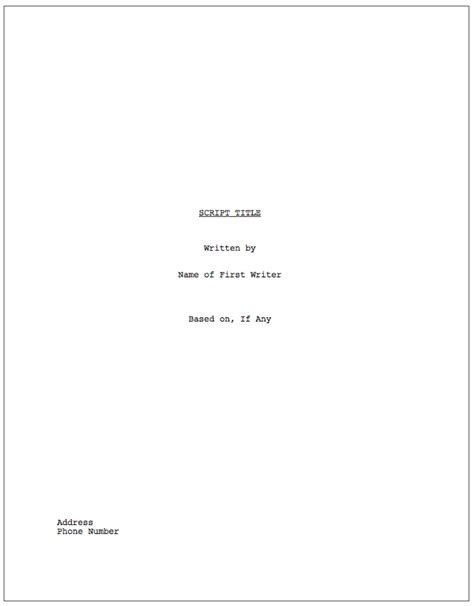The Future of Ethereum: Understanding Script Purging for Mimblewimble
In recent years, the Ethereum community has been pushing the boundaries of scalability, security, and usability. One crucial aspect that has sparked debate is how to handle scripts in transactions without sacrificing performance or compatibility with Mimblewimble (MWB), a new layer 2 scaling solution. In this article, we’ll delve into why script purging from Ethereum transactions for MBW is necessary, the compatibility issues between script and MBW usage on the main chain, and explore potential solutions that might allow Bitcoin to adapt to both MBW and other features.
Why Script Purging is Necessary
Script purging is a process that removes unnecessary or redundant code (or “scripts”) from Ethereum transactions. This is achieved through a combination of techniques such as:
- Script compression: Optimizing scripts using various algorithms like LLL (Least Significant Loss) to reduce storage requirements.
- Script minification

: Removing unused code and reusing it in other scripts to minimize memory usage.
Script Purging for Mimblewimble
MWB introduces a new concept called “script-optimized contracts,” which use MBW’s script-based architecture. To support MBW, Ethereum developers need to ensure that the underlying blockchain’s scripting system can handle these optimized contracts without compromising performance or compatibility. Script purging is necessary in this scenario because:
- Script optimization: Optimizing scripts for MBW requires significant computational resources and storage space.
- Compatibility concerns: Without script purging, it may lead to inconsistencies between Ethereum and MBW transactions, causing issues during validation.
Compatibility Problems Between Script and MBW
The compatibility issue arises from the fact that MBW’s scripting system is designed to work within the Ethereum blockchain’s constraints. This means that scripts written for EB (Ethereum Blockchain) might not be compatible with MBW or vice versa without significant modifications.
Adapting Bitcoin to Allow Mimblewimble and Features like Multi-Sig, Atomic Swaps
Bitcoin has been criticized for its limited support for scripting features like multi-sig transactions and atomic swaps. To address these concerns, several potential solutions have been proposed:
- Script-based implementations: Developing scripts that can be used on the Bitcoin blockchain without compromising performance or compatibility with MBW.
- Interoperability protocols: Establishing protocols that enable seamless communication between Ethereum (or other blockchain) and Bitcoin systems.
- Custom block architecture: Designing custom blocks that can accommodate specific scripting requirements, such as multi-sig transactions.
While these solutions are promising, there are significant challenges to overcome. A more feasible approach might involve:
- Integration with existing infrastructure: Building on top of Ethereum’s existing blockchain and wallet infrastructure to enable MBW-like functionality.
- Hybrid solutions: Developing systems that can seamlessly transition between different blockchains, such as using a central authority or third-party service.
The future of scalability, security, and usability will likely involve continued innovation in script optimization, compatibility solutions, and hybrid approaches. By understanding the challenges and opportunities presented by MBW and other blockchain features, developers can work towards creating more robust and user-friendly systems for various applications.
